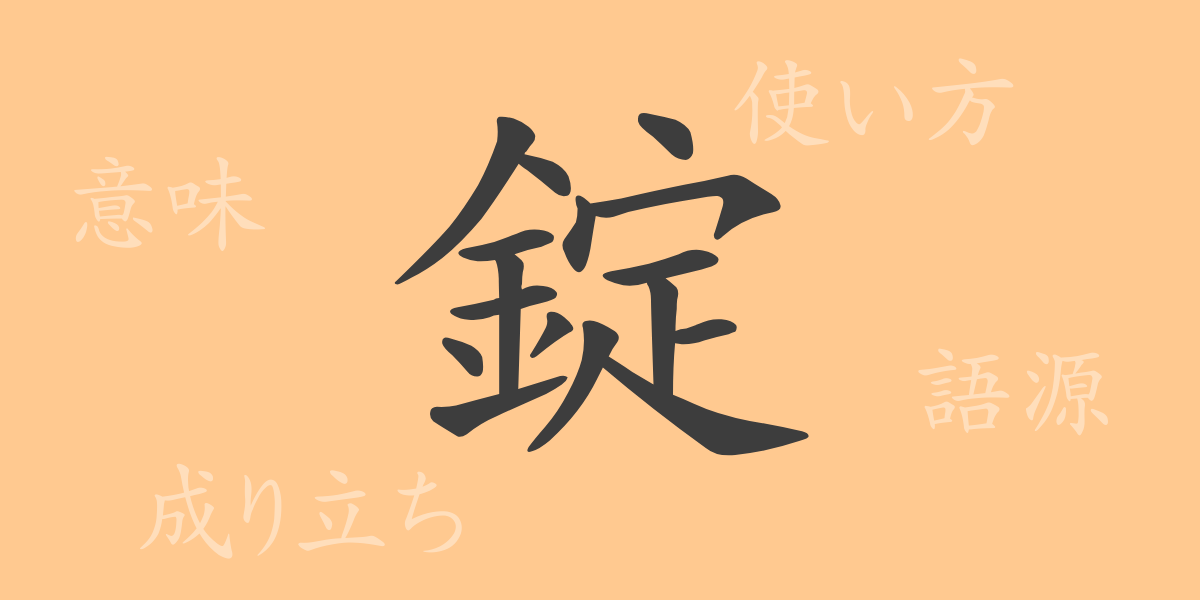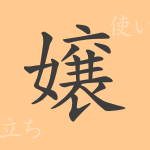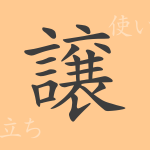Japanese kanji are deeply ingrained in culture and history, each character rich with diverse meanings and forms. ‘錠’ (じょう) is a commonly encountered kanji yet it harbors a rich history behind its simple appearance. This article delves into the origins, meanings, and usages of ‘錠’, exploring how it is used in modern Japanese, as well as the phrases and idioms associated with it, uncovering the charm hidden within this character.
Origins of 錠 (じょう)
The character ‘錠’ traces back to ancient China. It combines ‘金’ (きん), meaning metal, on the left with ‘定’ (てい) as the phonetic component on the right. Originally, it referred to heavy metal objects and was used for cast metal lumps or locks (‘錠前’ – じょうまえ). Over time, its usage expanded to represent anything that secures or connects, reflecting its ability to fix or bind objects.
Meaning and Usage of 錠
In contemporary Japanese, ‘錠’ primarily refers to ‘錠前’ (じょうまえ – lock) and is also used to describe forms of medication as ‘錠剤’ (じょうざい – tablet). Additionally, it serves as a unit of measurement in certain contexts. These usages reflect the original meanings of securing and maintaining consistency.
Readings, Stroke Count, and Radical of 錠
The kanji ‘錠’ has various readings and structural details important for its understanding:
- Readings: On’yomi (おんよみ) ‘ジョウ’; there are no common kun’yomi (くんよみ).
- Stroke Count: ‘錠’ consists of 16 strokes.
- Radical: Its radical is ‘金’ (かねへん, かね, きんづくり – metal).
Phrases, Idioms, and Proverbs Using 錠 and Their Meanings
Phrases and idioms incorporating ‘錠’ are abundant in Japanese. For instance, ‘錠前を掛ける’ (じょうまえをかける) literally means to lock something, but can metaphorically signify securing anything tightly. ‘錠剤’ (じょうざい) refers to a form of medication—small, compressed pills. While the phrase ‘一錠で二度美味しい’ does not exist, a similar proverb ‘一石二鳥’ (いっせきにちょう), meaning to kill two birds with one stone, represents achieving multiple benefits from a single action.
Conclusion on 錠
Through this article, we hope you have gained a deeper understanding of the kanji ‘錠’, a symbol not just of physical security, but also of maintaining form and measure in various contexts. Every stroke of ‘錠’ is imbued with history, playing a significant role in our language by symbolizing security in locks, form in medication, and measurement in weight. As we continue to explore the concepts and words ‘錠’ represents, we connect further with the cultural and historical depths of the Japanese language.

























